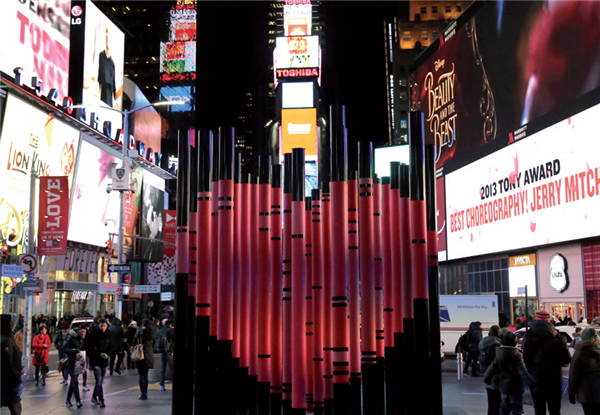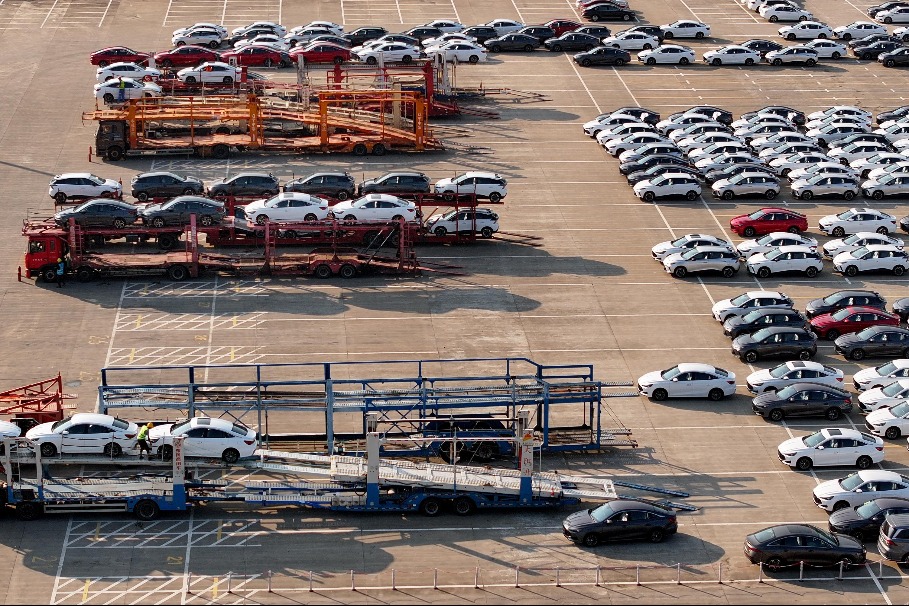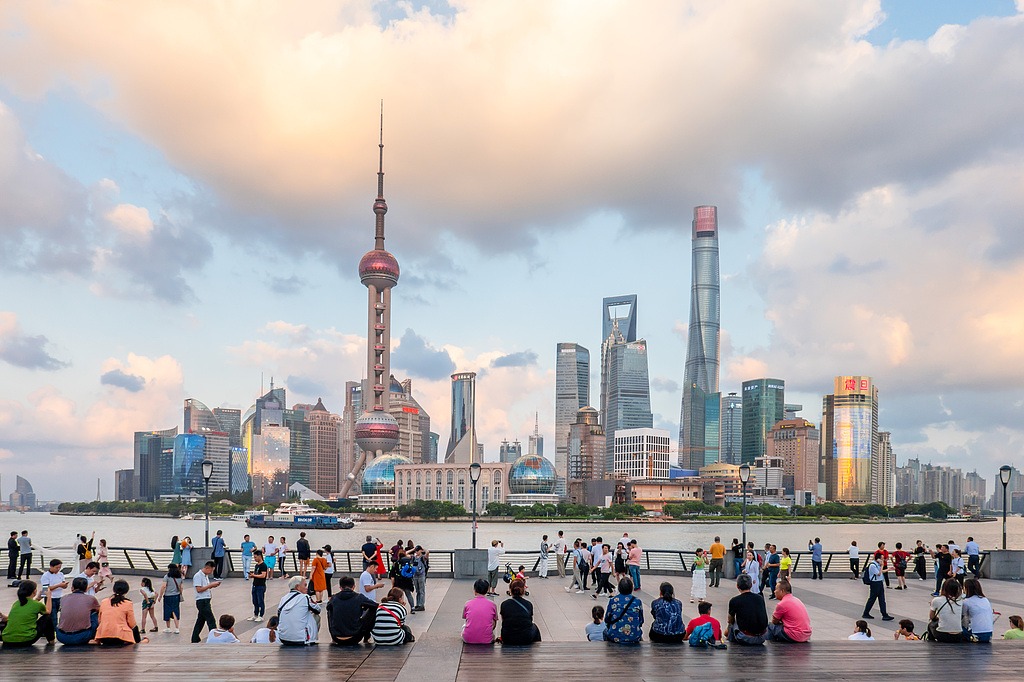How Times Square was reborn
By ZHANG RUINAN in New York | China Daily USA | Updated: 2017-11-05 05:17
 |
| A heart-shaped display in Times Square on Valentine's Day 2017. |
In 1990, the city established The New 42nd Street, a nonprofit dedicated to the revitalization of 42nd Street between Seventh and Eighth avenues, arguably the neighborhood's most dangerous and dicey area.
A shift in how police were deployed and managed put into effect by then-Mayor David Dinkins and later by Mayor Rudolph Giuliani also helped, Tompkins said.
Times Square didn't stop changing. In 2009, the city closed parts of Broadway to traffic, turning it into a major pedestrian plaza.
The experiment was such a success that the city decided to make it permanent. Officials hired the architectural firm Snøhetta the following year to design a new permanent plaza that added 110,000 square feet of pedestrian space, 10 50-foot-long granite benches and designated activity zones to improve the pedestrian traffic flow through the area.
The neighborhood has come a long way, but, as Tompkins says, "Times Square is always going to be crazy, chaotic and full of surprises. It's a part of the urban experience — a little bit messy, but that's OK."
























